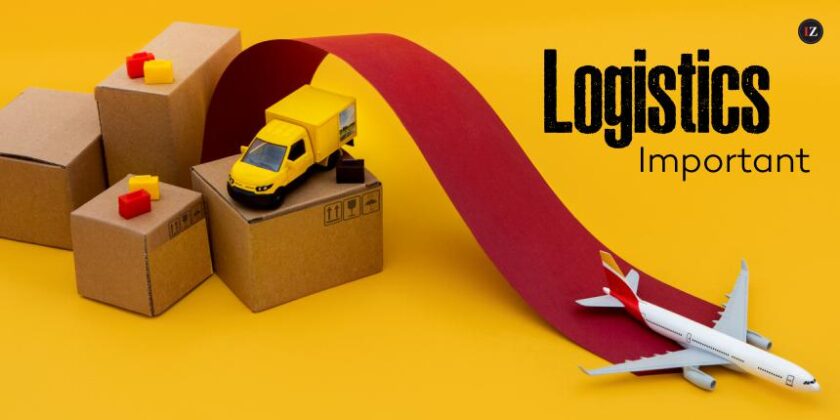The world’s workforces are on lockdown due to Covid-19, with no end in prospect. The post-pandemic world order desires one familiar function to tie social sustainability together human resources.
Since the outbreak started in January 2020, Covid-19’s impact on the world’s economies has been so massive that it has unraveled everything that organizations and their millions of workers have endured over cycles of global crises. Even from a sustainable business perspective, the priorities of battling the threats from climate change have been pushed back in light of more urgent issues furloughed workers, digital adaptation and crudely.
As chief executive speaks that people are our greatest assets’ to stakeholders everywhere, pressure mounts on them to make painful decisions in light of prolonged lockdowns. And the one person, whose role is central in keeping these key assets intact, is the head of human resources. An HR professional should bring the humane back into the workings of the corporations. The decisions taken by Human Resources impact the livelihood of the employees, and the entire workforce in a nutshell. This includes their ability to earn money to pay for essentials like food and housing among other expenses. All of these are at a risk for a few months.
Due to Covid-19 is a global pandemic, we need to understand its impact on employed, well-being and HRM in specific contexts. It is likely many changes will be common across country contexts, but we should also expect, given institutional differences, that there will be localized nuances. In Australia, through a survey of and interviews with managers and others with people management responsibility, our ongoing research has highlighted some important outcomes.
While the majority of businesses have been negatively affected by Covid-19, particular industries and sectors have been affected positively. For example, in Australia, amidst some reports of negative impact, many respondents from healthcare and social assistance, public administration, finance and insurance and mining have reported a positive impact. As would be expected, the majority of our respondents so far has moved to remote working, but most have not made positions redundant and have worked to retain staff without using government subsidies. In some sectors, some additional hiring has been undertaken while in most, hiring freezes have been put in place.
Organizations are reviewing the efficiency of remote working almost on a daily basis, but many are yet to make any commitment to long-term remote working. It appears that organizations do not yet know how remote working is affecting performance and productivity, which is hardly surprising given that most are using it for the first time. There is also the requirement of putting in place new systems, policies and procedures for remote working which in the Australian context is not something that can be introduced without due diligence. Organizations are certainly debating the issue with as yet no clear-cut decisions as to whether remote working will continue beyond the pandemic.
What happens post-Covid19?
Prior to the pandemic, lean business models and a growing generation of workers seeking flexibility have allowed for economy to flourish.
However, after Covid-19 resulted in assignments dried up, loss of income, and more. Developed nations may have lobby groups that help secure basic rights for gig workers, but the developing world, much of which works in the informal economy, will see millions with literally nothing left to feed their families. How this plays out remains to be seen. One thing is for sure, the pandemic could prove that no economy can survive without strings attached. All may embrace flexible work structures, but the CHRO must ensure equal rights, fair wages and health insurance are remodeled into contracts.
Time for a New Economic System:
Although, major corporations and national stock exchanges are plummeting in value, with major corporations losing up to one-thirds of their value already, the past performance trends, capable management and resource base can often act as a guarantee that the company will survive.
The Human Resource department should ensure that all the employees have capable work laptops to complete their day-to-day tasks. It is during such times that traditional old-fashioned set ups including those of our Governmental department structures, face trouble as their operations are crippled. This move saves the employees from risking their lives to reach office amid lockdown as they can now work from home, a concept that is increasingly being accepted in the world!
The moral scope of a sustainable business:
For far too long, the world of corporate sustainability was focused on functions related to its products, operations and reputational influence. It is time we recognize the human element in all this.
The leaders who protect the well-being of their employees and engage them to go the extra mile are well positioned to instill a moral compass rooted in sustainable values. They put the incentives in place so that purposeful leadership grows and thrives in business. And that is why the Chief People Officers are the most critical sustainability leaders we could have in our businesses today.




